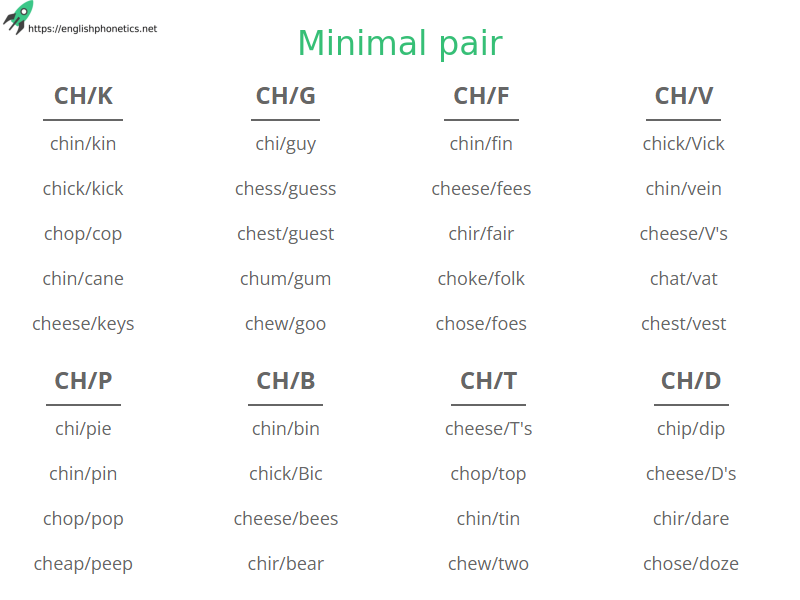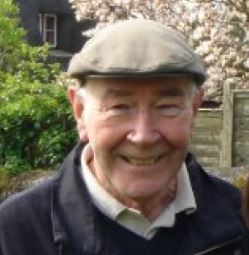Minimal Pair List: Do weak forms matter?

Many common words occur in both a strong form , the form you would use when talking about the word or stressing it, and a weak form , the normal form you would use in rapid conversation. Most of these words are the grammatical words like articles, pronouns, prepositions, conjunctions, auxiliary verbs, and one or two other words like Sir and Saint . Generally the weak form is pronounced with a neutral vowel such as the schwa or /ɪ/ , and initial /h/ sounds are lost.
For many teachers weak forms seem unimportant, since they believe that you can be understood if your speech uses only strong forms, although you might sound rather emphatic and unnatural. However, here are some examples of sentences in which the choice of a strong form instead of a weak form actually changes the meaning; these might be called weak-form minimal pairs.
He's going to fast. /tə/ ... not to eat. He's going too fast. /tu/ ... at excessive speed.
The speaker asked for questions. /fə/ The speaker said "Are there any questions?" The speaker asked four questions. /fɔ/ The speaker said "Can socialism work? Has it ever worked? Will it work for this country? Why, then, should you elect a socialist government?"
She showed me the photos she had taken. /əd/ She used her own camera. She showed me the photos she had taken. /hæd/ She employed a professional photographer.
I know that cheese is expensive. /ðət/ ... all kinds of cheese ... I know that cheese is expensive. /ðæt/ ... the cheese I am pointing at ...
My father was killed in a train accident. My sister was two. /wəz/ My sister was two years old. My father was killed in a train accident. My sister was, too. /wɒz/ My sister was also killed then.
[Those books are terrible.] Some of them are all right. /ər/ Disagreeing. .... Some of them are, all right. /ɑr/ Agreeing.
They saw that petrol can explode. /ðət ... kən/ They understood that petrol is explosive. They saw that petrol can explode. /ðæt ... kæn/ They saw a can of petrol exploding.

